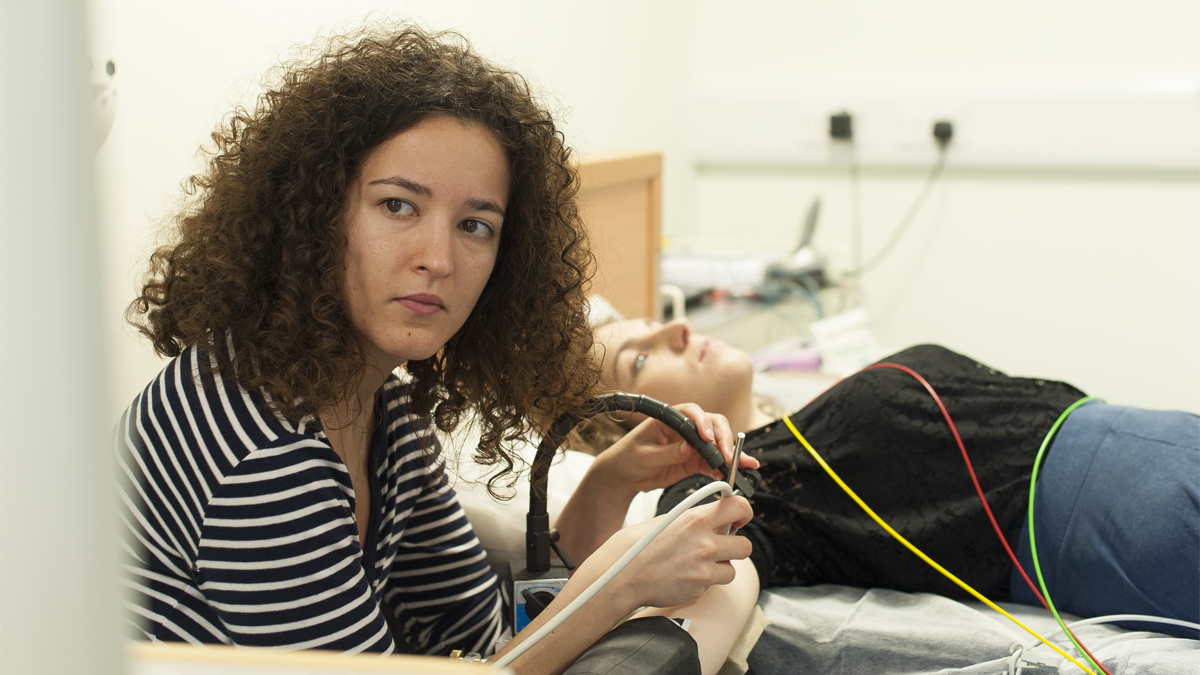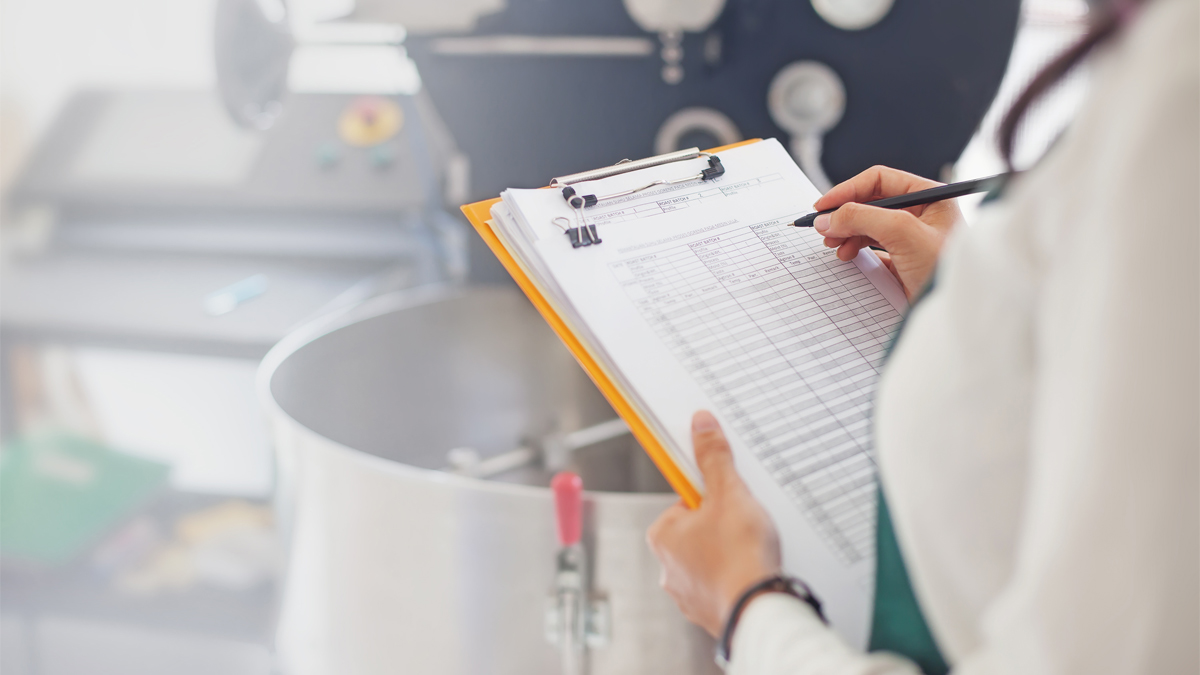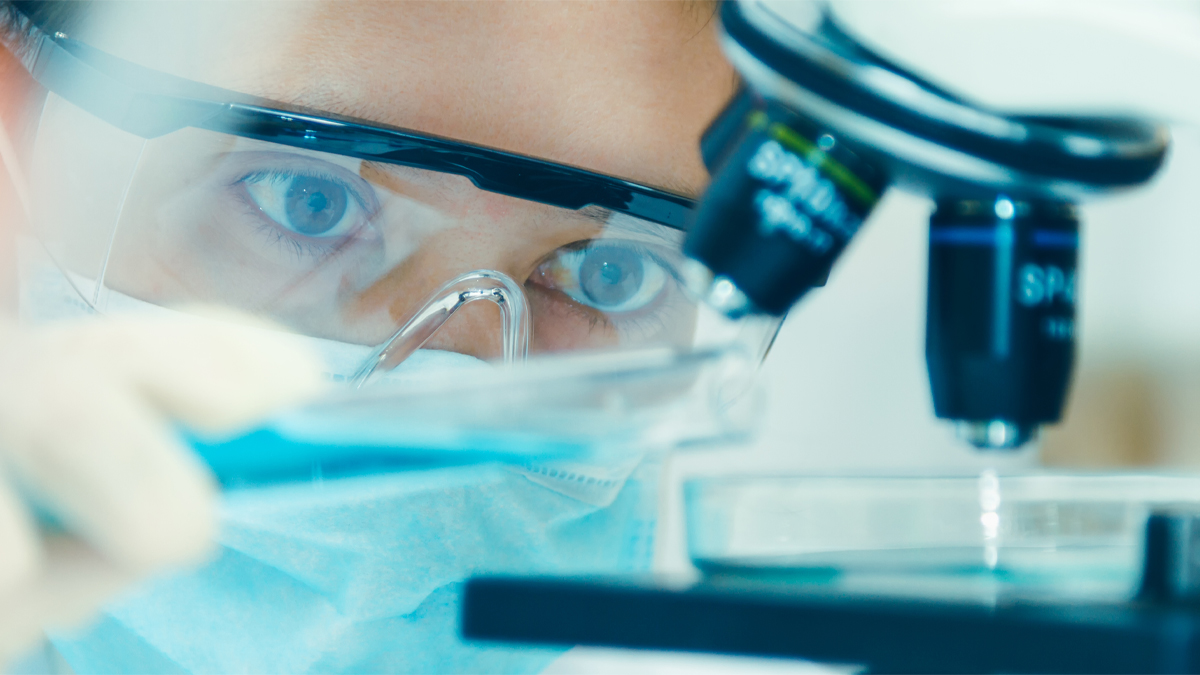At Reading, you will learn in a supportive environment from world-leading experts through lectures, problem-based learning, group project work and hands-on practical work in the laboratories, clinical skills suite and test kitchens – all combined to build your skills and knowledge for an exciting career in Nutrition.

A structured approach to learning
Our courses are structured to build knowledge and skills in interlinked themes over the duration of your studies.
You'll gain a solid grounding in the fundamentals of nutritional science and graduate as an expert in this diverse subject.
With a typical contact time of 25 hours per week, you will have time to master the different aspects of nutritional and food sciences, preparing you for your career in nutrition.
Core knowledge of nutritional sciences
Your first year at Reading will give you an impressive understanding of the principles, science, research and practical skills which will be invaluable through your degree and beyond.
Your studies will include not only human physiology and nutrition but also an introduction to food science and awareness of the food chain and the food industry.
Nutrition in practice
As a nutritional scientist, you will grow to understand a wide range of topics beyond fundamental nutrition. Topics include issues in food choice, the links between nutrition and health on an individual level, and at a wider societal level, and the specifics of sports and exercise nutrition.
You will also understand the way food production and processing can impact the nutritional qualities of food.
Becoming an expert
In your final year, you will have the opportunity to make your mark in the world of nutrition by completing your own project, either a literature-based review or a practical research project. Working as part of a lab team alongside peers, PhD students and postdocs, you will come away with the valuable experience of working in a scientific environment.
Alongside your final-year project, you will also take our New Product Development module. Working with fellow nutritional science students and food science students you will develop innovative food products using the same processes as used in industry and present them to industry professionals.
When you graduate at the end of the year, you will have all the skills and experience to begin a rewarding career.
Pavandeep Matharu
Talking about the New Product Development module

Nutrition placements
Enhance your employability and build your network by applying for work placements during your degree. Opportunities include year-long and summer placements.

Our facilities

Why study nutrition?
Study in a world-class institution on a course accredited by both the IFST and AfN and gain real-world experience with a placement.

